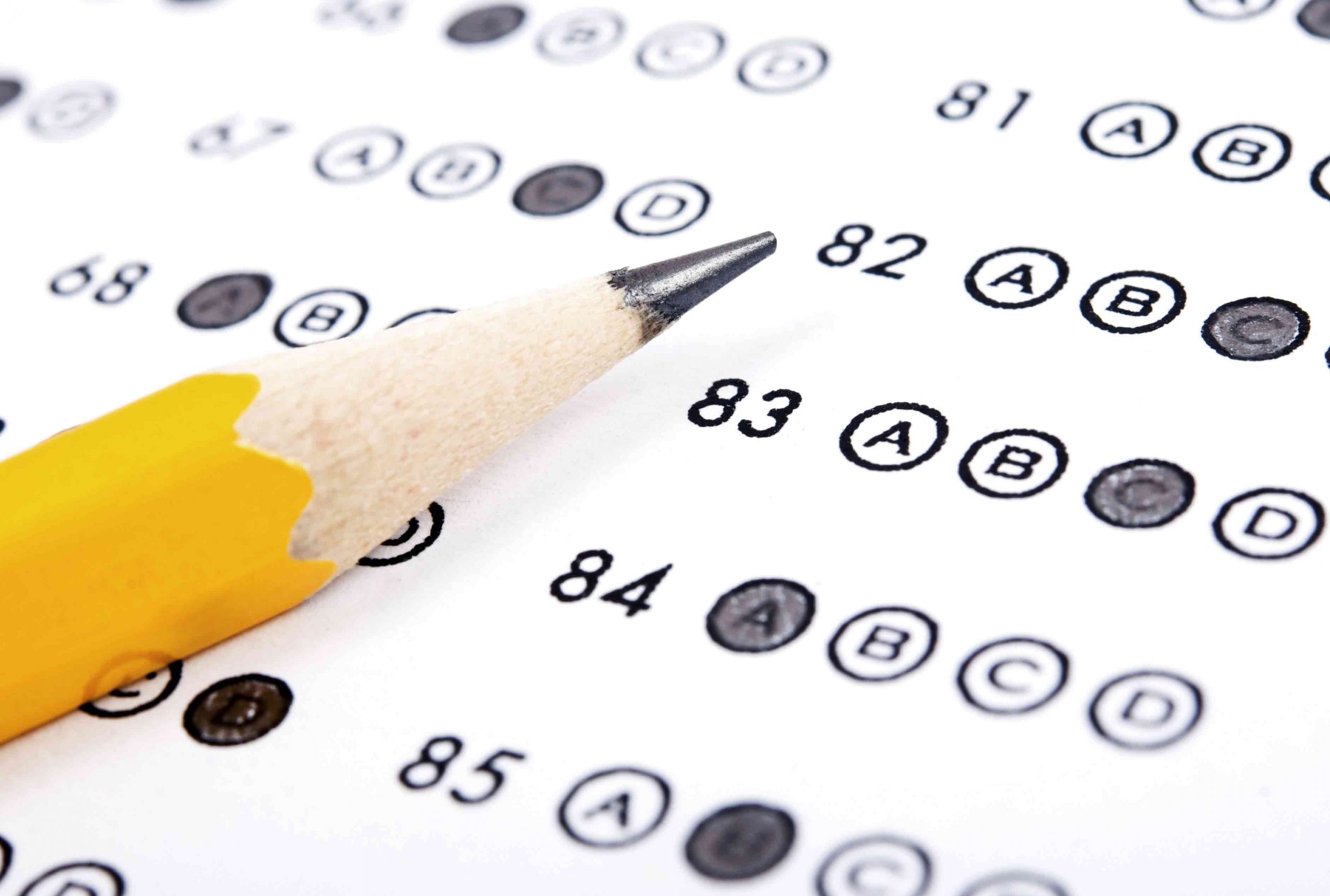How to ace multiple choice tests
Sure, studying is great. But when you can’t decide between “D” and “C,” here are seven tips to help land an “A.” We all know that the best way to ace any exam is to study and attend class. But, there are also some tips and techniques that can help you succeed at a tricky multiple choice exam

- Read very carefully. Take the time to carefully read each
- question and answer choice. Use a highlighter to ensure you catch words in the question like “not” and “except” that could easily trip you up. Many students choose the answer that is the opposite of the correct response simply because they miss a word, misread the question, or forget what the question is actually asking.
- Come up with your own answer. Once you understand what the question is asking, think about what the right answer should say or contain. Use that ideal answer as a yardstick to measure the available choices. This can help you avoid falling into a trap.Look for common types of wrong answers
- Look for common types of wrong answers . It is hard to write a good multiple choice exam, so instructors often fall into patterns, particularly when formulating wrong-but-attractive choices. If you learn to recognize frequently used options, they will be easier to eliminate. Some common wrong answers include: reversals (for instance, the answer may feature an error in chronology, characterizing the first event as the second, or a detail that is the exact opposite of the truth), true but irrelevant (the information in the answer is true, but not relevant to the question posed), too extreme (the answer takes a fact that is true but exaggerates it to an extreme. For instance, it will insist that it is “always” true, when in reality it is only sometimes true), and getting one detail wrong (the answer is oh-so-perfect…except for one little detail that you will spend way too long obsessing about and rationalizing away).
- Eliminate answers in two rounds .The process of elimination is central to success on multiple choice exams. In general, you want to conduct your eliminations in two rounds. During the first round, eliminate anything that is flat out wrong: the answers that contain false information, that are irrelevant to the question, etc. In a perfect world, this would lead you to one correct answer. More often than not, this leaves you with two options, over which you are likely to agonize. This is where the second round of elimination comes in. Before you obsess over your remaining answer choices, re-read the question. Remind yourself what you are looking for in a correct response. Then, compare the remaining responses. If you cannot find a difference between them, then it is likely that neither is correct and you have eliminated the correct response earlier. Usually, you will be able to find a few differences among the remaining options. So, which answer corresponds most with the course material and the question posed?
- Do not obsess over your choices. Excessive vacillating between two answer choices is usually a waste of time. If you’re down to a couple of options, you have a 50% chance of choosing the right answer. Compare your remaining choices, isolate similarities and differences, and make a choice. Usually, multiple choice exams have lots of questions, and they are all worth the same amount. Don’t waste time obsessing over a hard question, when an easy question does just as much to raise your grade.
- Manage your time. Before the exam begins, look at how many questions there are in the booklet and divide your time into segments. Tell yourself: “I will have completed 50 questions by the x minute mark, 70 by the y minute mark, etc.” When those time markers arise, check to see how many questions you have completed. If you are behind, start to push yourself to make quicker decisions once you’ve narrowed your choices down to two. Do not check the time after every question! This is a waste of your time. However, you need to be cognizant of the clock in order to ensure you get to all of the questions. As mentioned, usually questions are weighted equally on these types of tests, so there is little benefit to completing hard questions rather than easy ones.
- Answer every question. If you have not completed all of the questions when there are only a couple of minutes left, pick a lucky letter and guess on all remaining questions. Depending on how many options there are for each question, you have a 20-25% of guessing correctly! And a guessed correct response is worth just as much as one that is based on careful reasoning, time management, and studying.
Source: MACLEAN’S CANADIAN UNIVERSITIES GUIDEBOOK- 2018 EDITION
